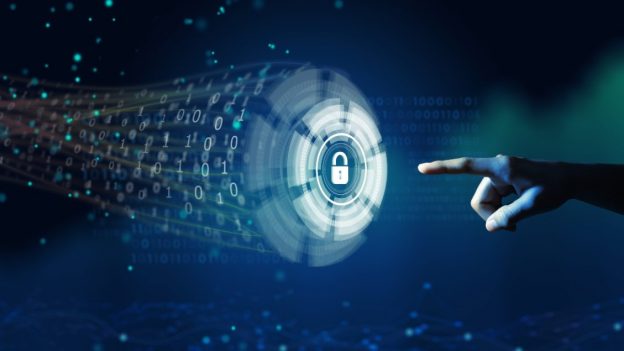Nobody can deny the necessity of information security right now. All types of data security technologies are accessible for home users and system administrators in huge corporations – you need time to choose and deploy them. Why do we often read about how firms lose money and time as a result of virus assaults, data breaches, and other similar incidents? The inquiry is not rhetorical in the least.
It is usual to underestimate the risks of breaking data confidentiality, integrity, and availability or, even worse, to wish for perpetual enjoyment. There are various reasons for this, the first of which is psychological: direct gains are simpler to perceive than theoretical losses.
Other components of the information security system exist in addition to technological safeguards. Employees with insufficient erudition and attentiveness lead to data leakage or full data loss. As a result, don’t overlook frequent information security training, as well as the creation of intelligible and thorough service manuals.
Increasing employees’ professional competency. The number of technical measures of assuring protection is enormous, but the philosophy of their application has shifted slightly. The steady movement of information systems to cloud settings muddies fundamental concepts such as “network perimeter.” In reality, most networks used to be built in the same way: a router with security measures stood at the perimeter of the corporate network, separating it from the outside world. Many businesses now want to host their servers in the cloud, rendering the idea of a “network border” more arbitrary. In this design, service providers manage spam, virus assaults, and password crackers, implying that the consumer’s focus should be on safeguarding jobs and dealing with personnel.
How to Reduce Risks
The correct use of modern security solutions helps to reduce potential risks. Determining the information security tools you need requires a clear understanding of what exactly you are protecting, but there are a number of off-the-shelf solutions that can be imagined without:
First, you need an antivirus. Additionally, use virtual data room roe your business. You can read more here about VDRs.
The second factor in countering hostile code is timely updating of software, as well as using licensed versions of operating systems. The use of pirate copies can lead to a complete loss of work, which exceeds the monetary savings many times over.
It is also important to control what employees are doing in the workplace: creating lists of visited websites, monitoring the installation of third-party applications, controlling the copying of data to media, and sending them via instant messengers – none of this should go unattended.
Control the work of the employees. If devices are lost, the data on them should be encrypted or at least password-protected. Google, for example, allows the domain owner to force smartphone owners to use adequate security methods: PIN codes, passwords, etc. Protection of data that was on lost devices
The solutions described only give an approximate picture of the situation in the information security market.

